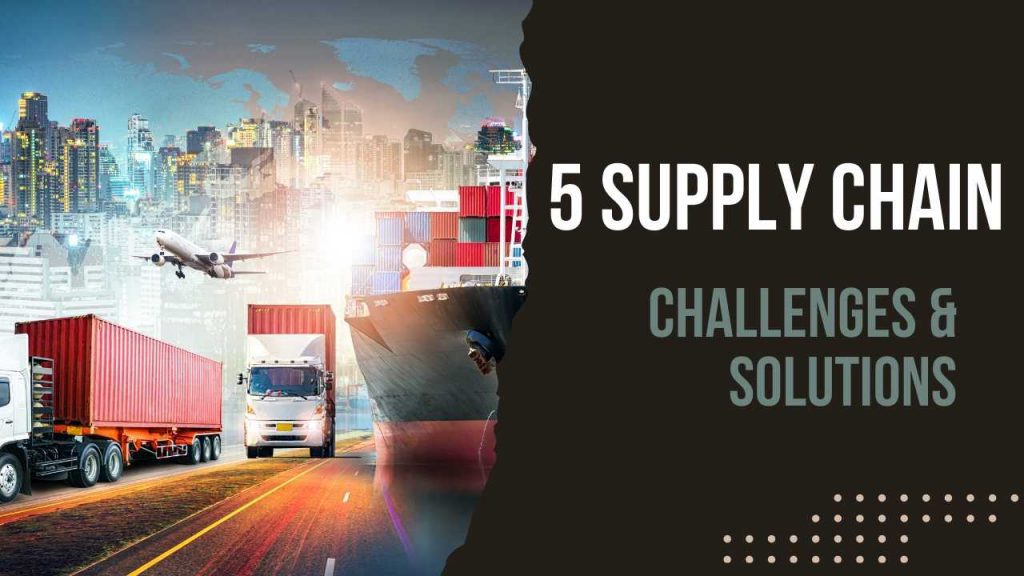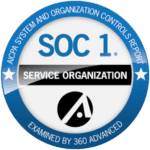Introduction
The supply chain is the backbone of global commerce, but it’s not without its hurdles. From fluctuating customer demands to disruptions in transportation, businesses face numerous challenges that can hinder efficiency and profitability. Fortunately, modern tools and strategies, such as logistics modeling and supply chain optimization software, are here to help. In this blog, we explore five common supply chain challenges and the innovative solutions businesses can adopt to overcome them.
For businesses in Memphis or beyond, discover how transportation management solutions can transform your logistics processes.
1. Demand Forecasting and Inventory Management
The Challenge: Accurate demand forecasting is critical for maintaining optimal inventory levels. Overestimating demand can lead to excess inventory and increased holding costs, while underestimating it results in stockouts and lost sales.
The Solution:
Advanced Analytics: Leveraging business intelligence software and supply chain modeling tools enables accurate predictions by analyzing historical data, market trends, and consumer behavior.
AI-Driven Insights: Artificial intelligence (AI) algorithms can detect patterns and provide real-time insights, reducing errors in demand forecasting.
Pro Tip: Consider integrating supply chain inventory optimization tools to streamline inventory management.
2. Rising Transportation Costs
The Challenge: Transportation costs account for a significant portion of supply chain expenses. Fuel price volatility, labor shortages, and regulatory changes can escalate costs unexpectedly.
The Solution:
Freight Rate Negotiation: Partnering with freight negotiation experts ensures competitive pricing with shipping companies.
TMS Software: Transportation management system (TMS) software optimizes routing, consolidates shipments, and reduces unnecessary expenses.
Example: Companies using advanced freight payment software have reported up to 20% savings in transportation costs.
3. Supply Chain Disruptions
The Challenge: Unforeseen events like natural disasters, pandemics, or geopolitical tensions can disrupt supply chains, leading to delays, increased costs, and dissatisfied customers.
The Solution:
Risk Management Software: Logistics claims management and cargo claims software help mitigate the impact of disruptions by automating claims processes and providing real-time visibility.
Diversified Suppliers: Maintaining a network of diverse suppliers minimizes dependency on a single source.
Proactive Communication: Implementing vendor portals facilitates transparent communication with stakeholders during disruptions.
Real-World Application: A leading retailer used cargo claims management software to reduce resolution times by 30% during the COVID-19 pandemic.
4. Inefficient Processes and Technology
The Challenge: Many supply chains still rely on outdated systems or manual processes, leading to inefficiencies, errors, and lost opportunities.
The Solution:
Automation: Implementing automated freight bill auditing and payment software eliminates manual errors and accelerates payment cycles.
Integration: On-demand TMS and logistics planning tools provide seamless integration across supply chain operations.
Business Intelligence: Business intelligence software enhances decision-making by providing actionable insights.
Tip: Freight audit and payment services can streamline financial operations and improve compliance.
5. Sustainability Pressures
The Challenge: With growing environmental concerns, businesses are under pressure to reduce their carbon footprint and adopt sustainable practices.
The Solution:
Green Logistics: Tools like TMS quality compliance software ensure routes are optimized to reduce fuel consumption.
Eco-Friendly Packaging: Switching to sustainable packaging materials reduces waste.
Supply Chain Benchmarking: Assessing your supply chain’s environmental impact helps identify areas for improvement.
Case Study: A global shipping company reduced emissions by 15% after adopting logistics audit tools and optimizing their routes.
Comparing Traditional vs. Modern Solutions
| Challenge | Traditional Approach | Modern Solution |
|---|---|---|
| Demand Forecasting | Manual analysis | AI-driven insights |
| Rising Transportation Costs | Negotiations by email | Freight rate negotiation via TMS |
| Supply Chain Disruptions | Reactive measures | Risk management software |
| Inefficient Processes | Paper-based systems | Automated logistics planning tools |
| Sustainability Pressures | Limited eco-friendly initiatives | Green logistics and compliance software |
Conclusion
Navigating supply chain challenges requires more than just resilience—it demands innovation. By adopting tools like transportation management systems, freight audit software, and logistics modeling, businesses can not only address current challenges but also build a more robust and agile supply chain.
For tailored solutions to optimize your supply chain, explore transportation management solutions.




